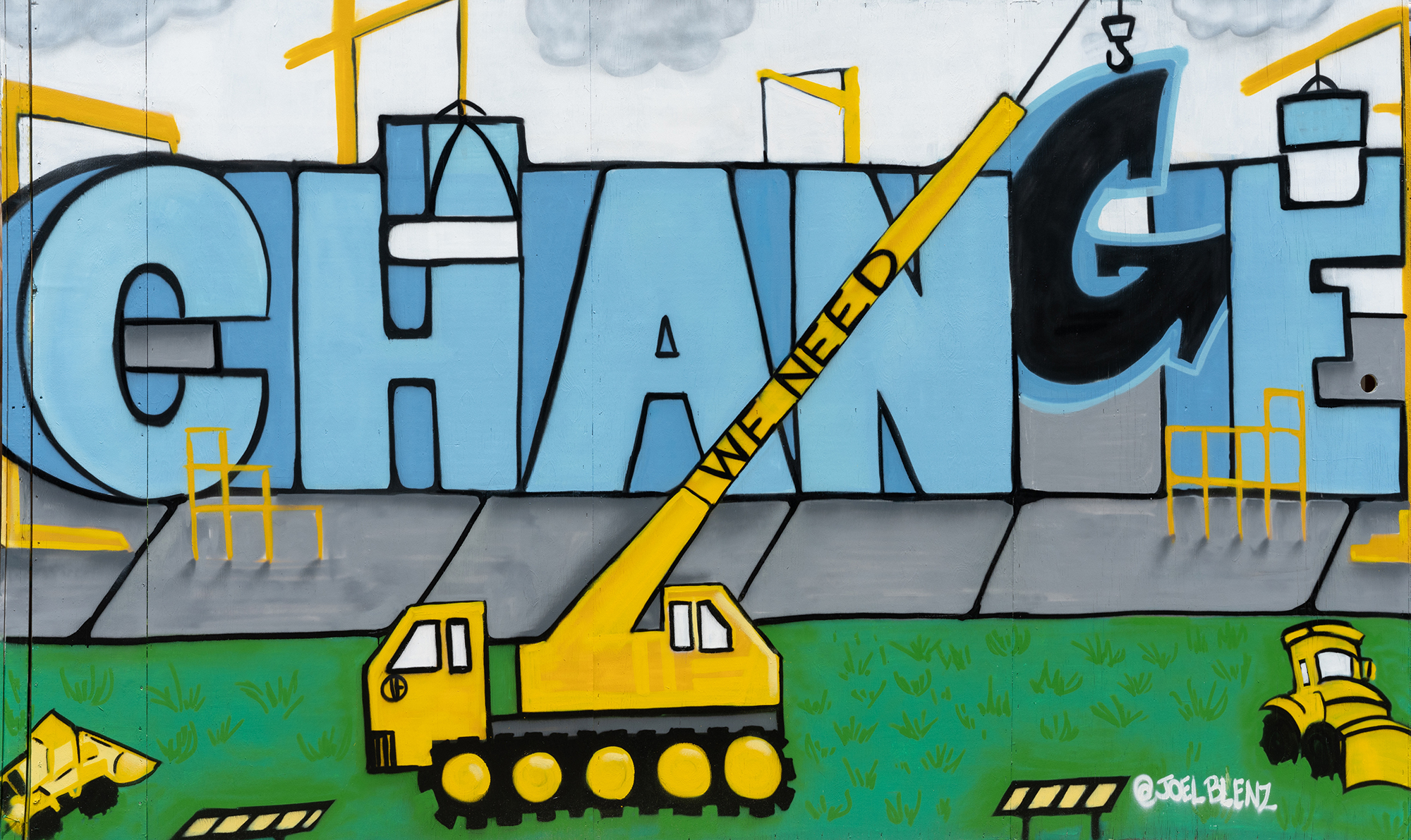A True New Deal
August 14, 2020
By Matt Hughes
The blueprint for a better economy.
The Roosevelt Rundown is an email series featuring the Roosevelt Institute’s top stories of the week.
A New Era
This moment of crisis demands bold change: Roosevelt has the blueprint. This week, Roosevelt unveiled a structural policy agenda that both speaks to the immediate needs of the COVID-19 pandemic and seeks to reshape racist and patriarchal systems in more lasting ways. A True New Deal: Building an Inclusive Economy in the COVID-19 Era outlines nine policies—from universal childcare to a modern Reconstruction Finance Corporation—that can help America balance power, ensure equity, and build a better economy. For more fresh policy ideas and proposals, explore Roosevelt’s state-of-the-art new website, which launched this week.
- Rewrite the rules: “The new Roosevelt Institute report is built on several core ideas. The first is premised on this 1932 quote from FDR: ‘We must lay hold of the fact that economic laws are not made by nature. They are made by human beings,’” Greg Sargent writes for the Washington Post. “. . . in the current context, it gives rise to the report’s other core idea—that our crises have exposed deeper systemic problems and injustices in our political economy, ones that predated the virus and are baked into our market rules, ones that we created and that we can change.” Read on.
- Lessons learned: “We think the New Deal provides inspiration and in some ways a model for what ought to be done now, particularly in terms of the mix of immediate relief for families and structural changes to the ways our economy and society operate,” Roosevelt Vice President of Research Julie Margetta Morgan told Los Angeles Times columnist Michael Hiltzik for a piece on the report. Read more.
Corporate Accountability in the COVID-19 Era
Last August, the Business Roundtable’s “Statement on the Purpose of a Corporation” affirmed that corporations must benefit not just shareholders but all Americans—including workers, consumers, and communities. One year later, during an economy-shattering pandemic, what’s changed? In a webinar yesterday, Roosevelt Managing Director of Corporate Power Bharat Ramamurti asked leading experts, including Roosevelt Fellow Lenore Palladino, United for Respect leader Janie Grice, former Patagonia CEO Rose Marcario, and Amalgamated Bank President & CEO Keith Mestrich.
With a keynote by Rep. Ro Khanna (D-CA), the webinar also featured Leo E. Strine, Jr.—author of a new Roosevelt working paper, “Toward Fair and Sustainable Capitalism.”
For more about Ramamurti, read Harvard Magazine’s new profile, which includes praise from Roosevelt President & CEO Felicia Wong: “Having a really important power lens and real, technical expertise—a real deep understanding of what is going wrong with corporate power in our economy and why, and literally how to write the rules to fix it—that’s a rare quality.”

To Rescue the Economy, Center Black Workers
“As the national chorus of chants that Black Lives Matter grows louder, it’s time to move beyond a political economy that sorts and devalues a class of workers based on something as cursory as their race,” Roosevelt Fellow Darrick Hamilton writes in a Politico op-ed. “If Black lives matter, this is the time to start making the kind of economic policy choices—like a paycheck guarantee—that show that we mean it.” In the New York Times, Hamilton explains how baby bonds can help close the retirement race gap. Read on.
What We’re Reading
In the Gendered Economy, Women Are Perpetual Debtors – The New Yorker
America Has Been Failing Mothers for a Long Time. The Pandemic Made It Clear What Needs to Happen – Time
How the Pandemic Will Affect Black Women’s Equal Pay Day for Years to Come – NBC News
The Disparate Financial Impact of the American Justice System – Bloomberg CityLab
What Climate Alarm Has Already Achieved – New York Magazine
The Postal Service Can Handle the Election—If It’s Allowed To – The Atlantic
7 Provocative Documentaries That Show How Our Political Process Has Evolved – Vox


